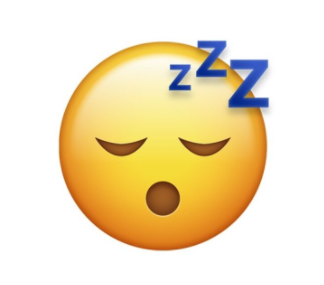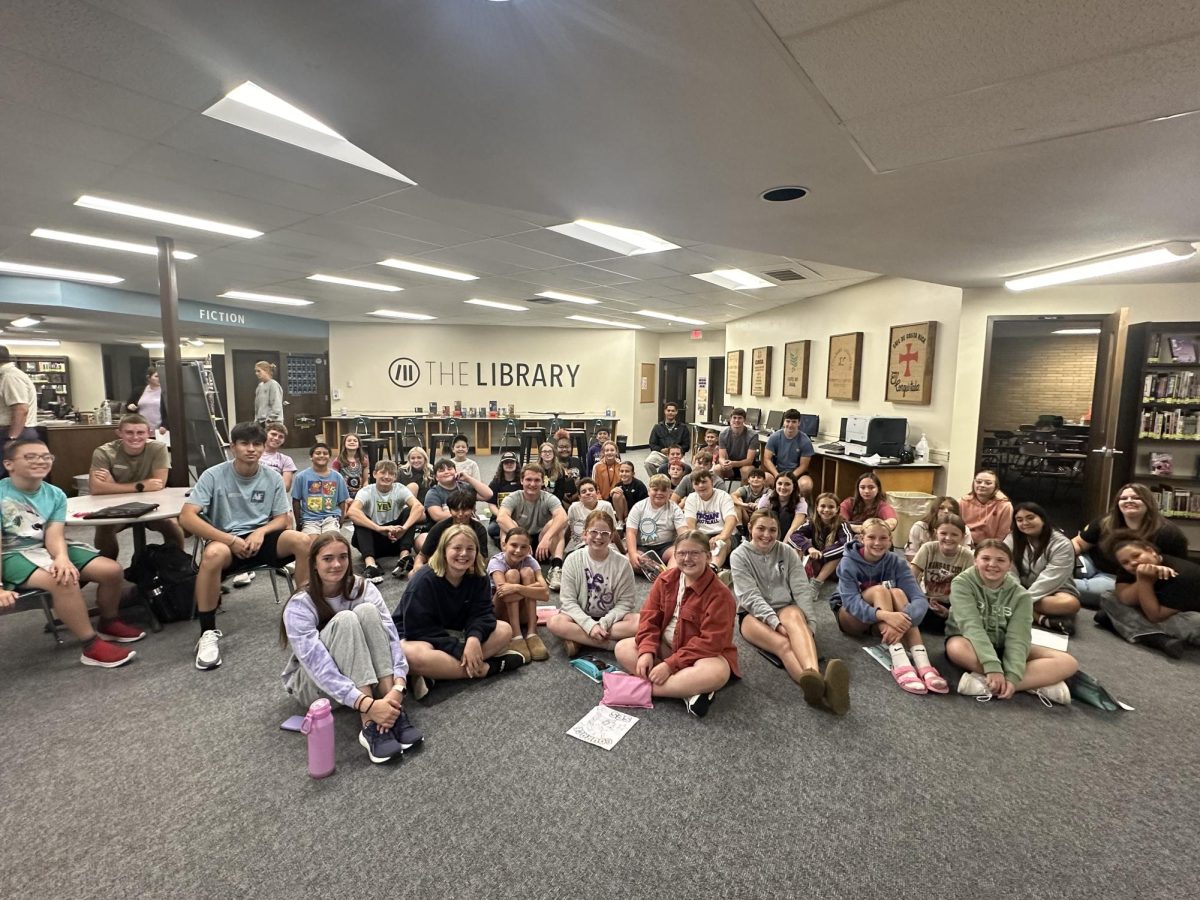Early Bird vs. Night Owl

October 15, 2021
According to the American Academy of Sleep Medicine, teenagers need between 8-10 hours of sleep every night. Getting the recommended amount of sleep can help teens maintain their physical health, emotional well-being, and performance in school.
Based on a survey taken by SES high school students, only 21% of students said that they would consider themselves to be an early bird, while the rest of the students would call themselves a night owl. The average amount of sleep that the students are receiving on the weekends is 9-10 hours. However, on school nights, students are only getting about 5-6 hours of sleep.
There are many challenges that prevent teens from getting the recommended amount of sleep, such as sports practices, club meetings, and homework. When all of those factors add up, teenagers can become stressed, which could be another reason they are getting less sleep.
The human brain stops developing at around the age of 25. This means that before that age, it is very important that individuals get the sleep they need to help their brain function at its highest.
According to the Centers for Disease Control and Prevention (CDC), one-third of adolescents in the United States report that they are getting less sleep than the recommended amount, and that can lead to chronic diseases and conditions like Type 2 Diabetes, heart disease, obesity, and depression.
Instead of getting 8-10 hours of sleep each night, teens are often using that time to engage in activities that they did not have time to do during the day. These activities include hobbies, social media, and enjoying simple free time. According to the survey taken by SES students, 90% of students spend their time on their phones instead of sleeping.
Something that can help students get more time to sleep would be not having to do as much homework. Teachers can contribute to this by giving time in class to do schoolwork, rather than assigning it for students to do at home.
Ultimately, teenagers today are struggling to keep up with their busy lives due to lack of sleep. This can severely affect their physical and mental health, and can contribute to declines in things like school, sports, and other activities in their daily lives. This is something that is getting worse throughout the years, and teenagers today are finally starting to realize the consequences.







